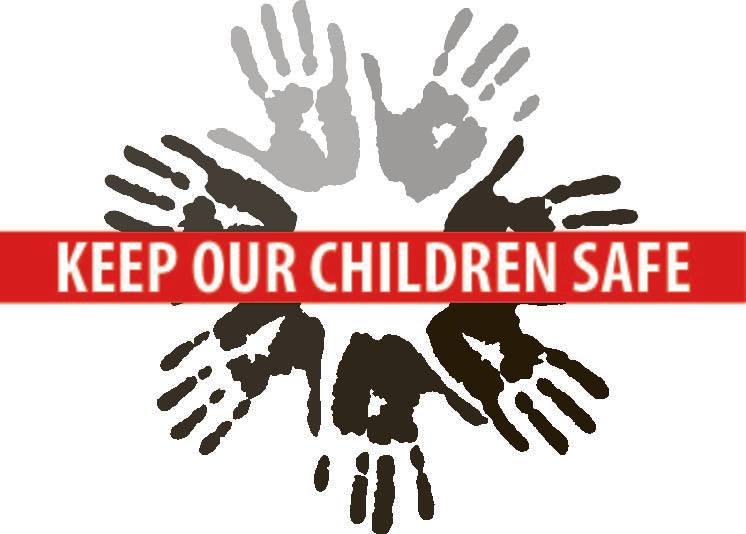To err is human and kids are no exception. In fact, in our formative years, we all have had a history of making small and big blunders. Most of the important things that we learn in our lives do not come easy. So, one must understand that making mistakes is only the first step to learning valuable lessons in life. A child shouldn’t be termed as a failure for making a mistake as it would deter him from even trying or participating in challenging tasks. Kids are reprimanded, beaten even for failing in exams. Such behavior is not suitable for the sensitive and impressionable minds of kids.
As elders, we can responsibly teach kids and encourage them that erring is an essential step to succeeding in life. There are many famous personalities – from Einstein to Bill Gates. Success and fame did not come easy to them. They continued to believe themselves against all odds which eventually helped them achieve what they wanted. Our well-intentions should reflect in the way we treat children. Instead of lashing out on them we should make it a point to keep encouraging them to keep trying and overcome all the obstacles that they face.
Take a look at the following simple measures parents and teachers can take to help kids cope with failure and learn from their mistakes:
Do not be dramatic: One mistake is enough to blow a child’s morale and self-esteem. Teachers and parents will be at fault if they over-blew such incidences out of proportion and aggravate the damage.
Figure the issue: Kids need support, they will not be able to figure out most things for themselves. Sit down and figure the problem. The only way one can fix problems is by first understanding them.
Make them understand: Once you have understood the problem, talk to them about it in a serious but polite tone. You need to convince that for every problem there is a solution instead of making them regret their mistakes in a harsh way.
Teach them to not give up: Initial setbacks do not count to be a permanent defeat. But resigning after failing is accepting defeat. Failure can make a person feel weak and deters him from undertaking new tasks.
As responsible grown-ups our job is to make our kids and students feel confident and motivated instead of filling their fragile minds with self-doubt and guilt.






